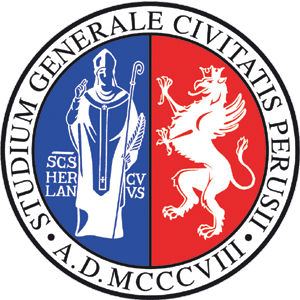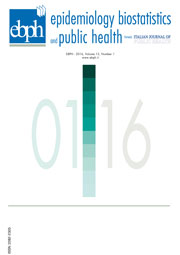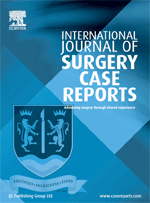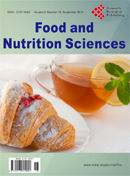 The authors of four papers have pulled them for “significant overlap” with other publications, as well as borrowing “large portions of text” — in other words, plagiarism.
The authors of four papers have pulled them for “significant overlap” with other publications, as well as borrowing “large portions of text” — in other words, plagiarism.
Two of the newly retracted papers published in BMC Surgery also listed co-authors who were “not involved in the study;” a similar note appears for an additional 2015 retraction that we’ve found for one of the authors.
That one author is listed on all of the newly retracted papers: Bruno Amato of the University Federico II of Naples, Italy.
Here’s the retraction notice for “Peripheral blood mono-nuclear cells implantation in patients with peripheral arterial disease: a pilot study for clinical and biochemical outcome of neoangiogenesis,” which has been cited five times since it was published in November, 2012, according to Thomson Reuters Web of Science: Continue reading Authors pull 4 papers from surgery journal for plagiarism







